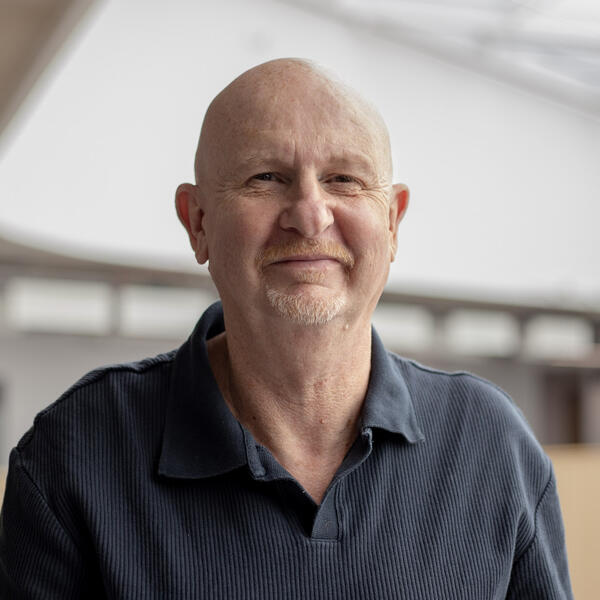Decentering and decolonising doctoral pedagogies
This project aims to trouble and reconfigure the traditional relationship between a doctoral student and ‘supervisor’ in terms of its power differential, often characterised as an asymmetric, hierarchical expert/novice dyad.

This traditional approach can trap supervisory relationships in a ‘transmission’ or ‘training’ mode, with students receiving ‘instruction’ from ‘experts’.
It considers how we can rethink, disrupt and disorient dominant conceptions of doctoral pedagogy, to build a more collaborative, collegial ‘decentred’ approach to supervisory work.
This work, drawing on interdisciplinary theoretical and conceptual resources from cultural sociology, anthropology, organisational studies and education, argues the liminal spaces students pass through offer opportunities for relational, productive and decentred pedagogies, where supervisors/advisors construct ways of valuing their students’ expertise, and facilitate a critical inclusion within the academic discourse community.
Decentred doctoral pedagogies aim to develop repertoires of successful members of the discourse community – mirroring professional ways of being, and doing research work. A student’s doctoral repertoire will be indexical and biographical, grounded in the plethora of networks, communities and resources they learn through, and forming a distributed patchwork of competencies, dispositions and values.
This project is developing out of collaborations with Australian colleagues (Deakin University, Victoria University) and currently we are working towards a book proposal ‘Creative and Innovative Doctoral Pedagogies’.


